Bali bomber Ali Imron to seek presidential pardon
The convicted terrorist says he can do more to help deradicalise would-be terrorists as a free man than from jail where he is serving a life sentence | WATCH
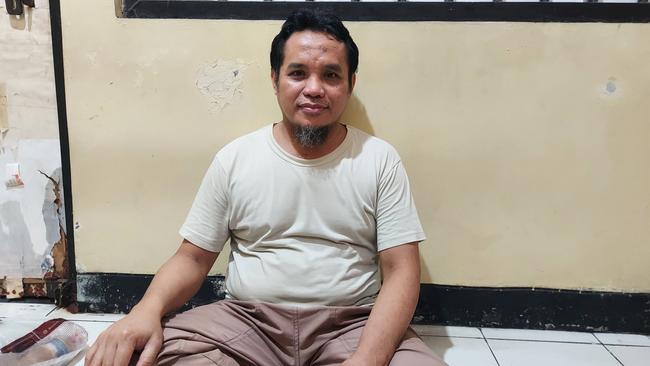
Bali bomber Ali Imron says he will seek a pardon from Indonesian President Joko Widodo before his term ends this October, and that he can do more to help deradicalise would-be terrorists as a free man than from prison where he is serving a life sentence.
The 54-year-old was jailed for life in 2003 for his role in the 2002 twin bombings – carried out by Indonesian terror group Jemaah Islamiah – which killed 202 people, including 88 Australians.
Imron told the South China Morning Post in an exclusive interview he was “tired” after 21 years of incarceration, many of which he has been spent contributing to deradicalisation programs run by the Indonesian state and police.
The former Islamic militant, whose brothers Amrozi bin Nurhasyim and Ali Ghufron (Mukhlas) were executed by firing squad in 2008 for their leading roles in Indonesia’s worst terror attack, has repeatedly expressed remorse over his involvement and spoken at schools and mosques against radical ideology.
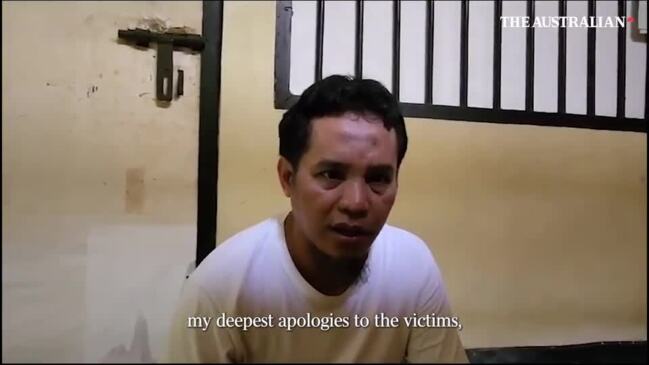
He told the SCMP he had on numerous occasions talked would-be terrorists visiting him in prison out of staging further attacks but could do more from the outside if given the chance.
“I don’t want to be released purely for personal reasons. I want to be free so that I can work on deradicalisation programs across Indonesia. From a personal point of view, I am better off inside where there is no risk to my life,” he said from his Jakarta prison this week.
“I have to tell people the facts. Jemaah Islamiah still exists as an organisation and there is still a potential threat to the public. There is only so much I can do from prison to warn people not to plan any more attacks.”
Imron’s appeal comes days after two Malaysian militants pleaded guilty from Guantanamo Bay to conspiracy in the 2002 Bali bombings in exchange for a lighter sentence and for testifying against the alleged mastermind of the attack, Hambali.
Greg Barton, Indonesian terror expert and Professor of Global Islamic Politics and Melbourne’s Deakin University, told The Weekend Australian there was a good case for Imron to be released under strict supervision, as fellow Bali Bomber convict Umar Patek was in December 2022.
Patek, 57, qualified for parole after serving 11 years of a 20-year sentence for his role in helping build the bombs that ripped through the Kuta nightclub district in 2002 despite concerns expressed by Prime Minister Anthony Albanese and families of several victims of the blasts.

Patek will participate in a “mentoring program” until April 2030, and will have his revoked if he violates any of its terms during that time.
Professor Barton said Indonesia had achieved good results with its rehabilitation programs for terror convicts, which included working with former extremists.
“I don’t think the risk is high of Imron being a problem and there is probably more good to be achieved than not,” he said.
“With someone like that, who shows genuine signs of remorse and repentance, there is a good case for saying that needs recognising because we want to see rehabilitation in prison. There’s a unique potential to get him to talk publicly about his mistakes.
“Success should be acknowledged and built upon. It’s the way to break the cycle,” Professor Barton said, adding the same could be said of Bali Nine convict Mathew Norman who is serving a life sentence despite years of participating in positive rehabilitation programs inside Bali’s Kerobokan prison.
But Jan Laczynski, who lost five friends in the Bali bombing and met Imron in jail as part of one of the government’s deradicalisation initiatives, says he doesn’t believe Imron has been rehabilitated.
“I met him in the Jakarta high security prison and we got into a heated argument,” Mr Laczynski told the Weekend Australian.
“I asked him why should anyone trust him? He said people still reach out to him because he’s got bomb-making expertise and if he wanted to he could make a bomb in two hours inside his high security prison.
“I really backed off after that because I was genuinely afraid. I hope before the Indonesian president considers Imron’s request, he looks at the 88 faces of the Australians who died in the bombings.”
Imron told the SCMP he posed no threat and that part of his deradicalisation involved clarifying his own role in the bombing and accepting they were misguided in attacking foreigners in Bali.
“There are still members of Jemaah Islamiah who do not understand that and think we were unfairly treated and are looking for enemies and people to blame for our incarceration,” he said.
“I am so sorry for what I did and I do not say that for personal gain. I will do my best for the rest of my life to deradicalise people.”


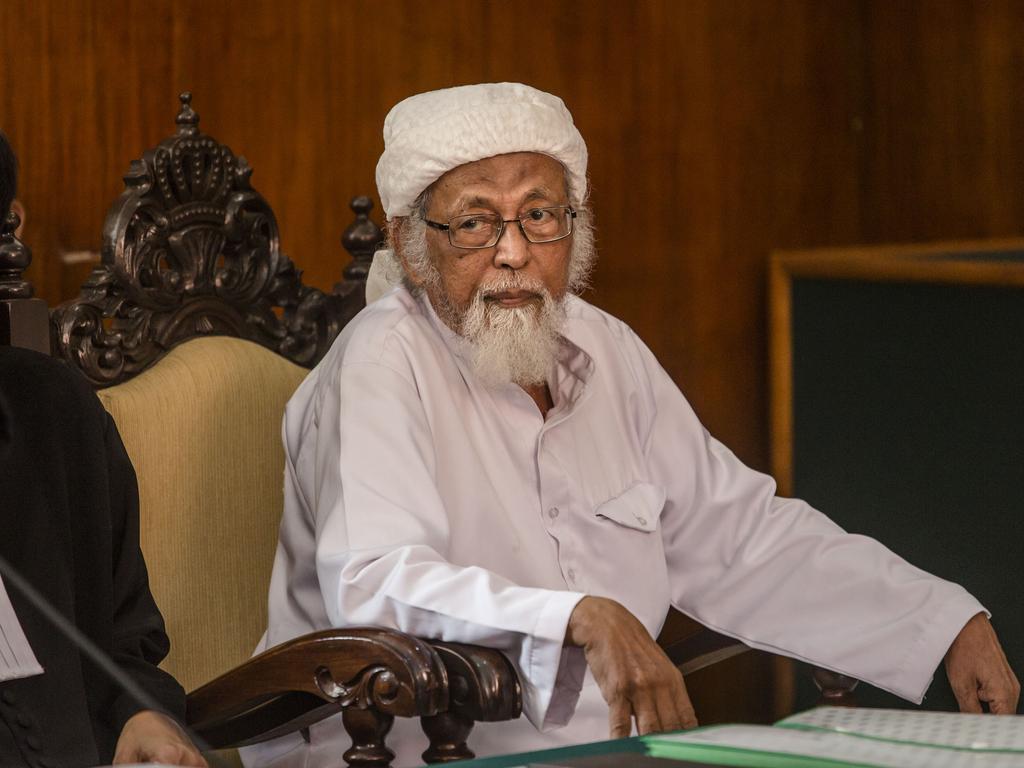
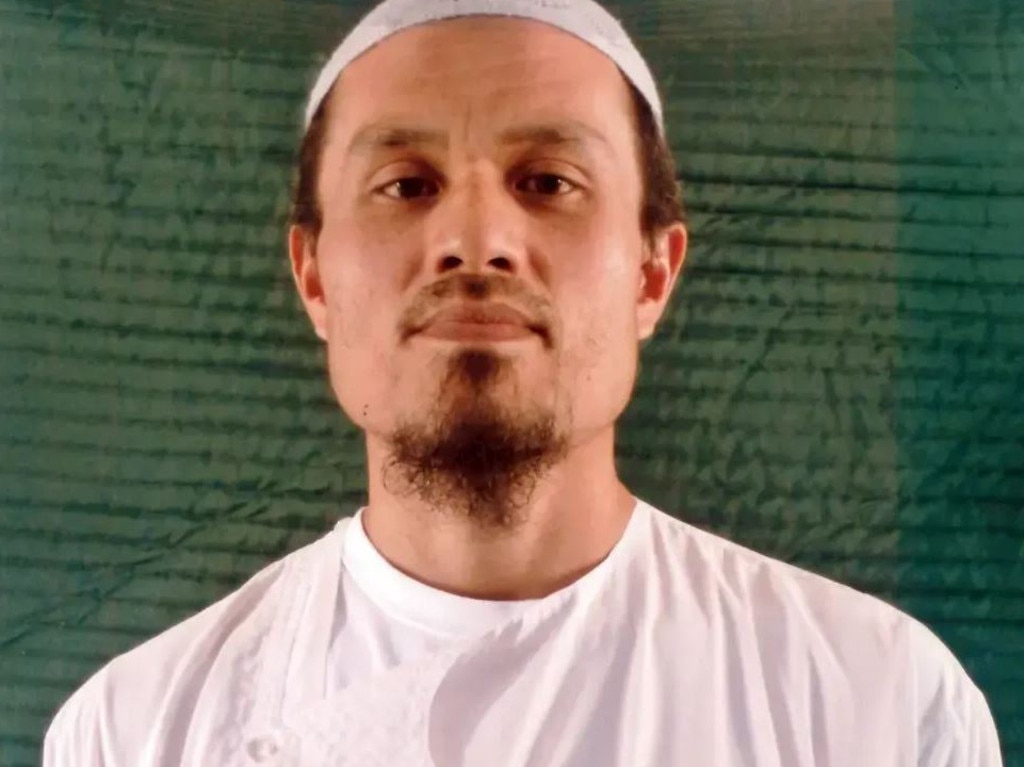

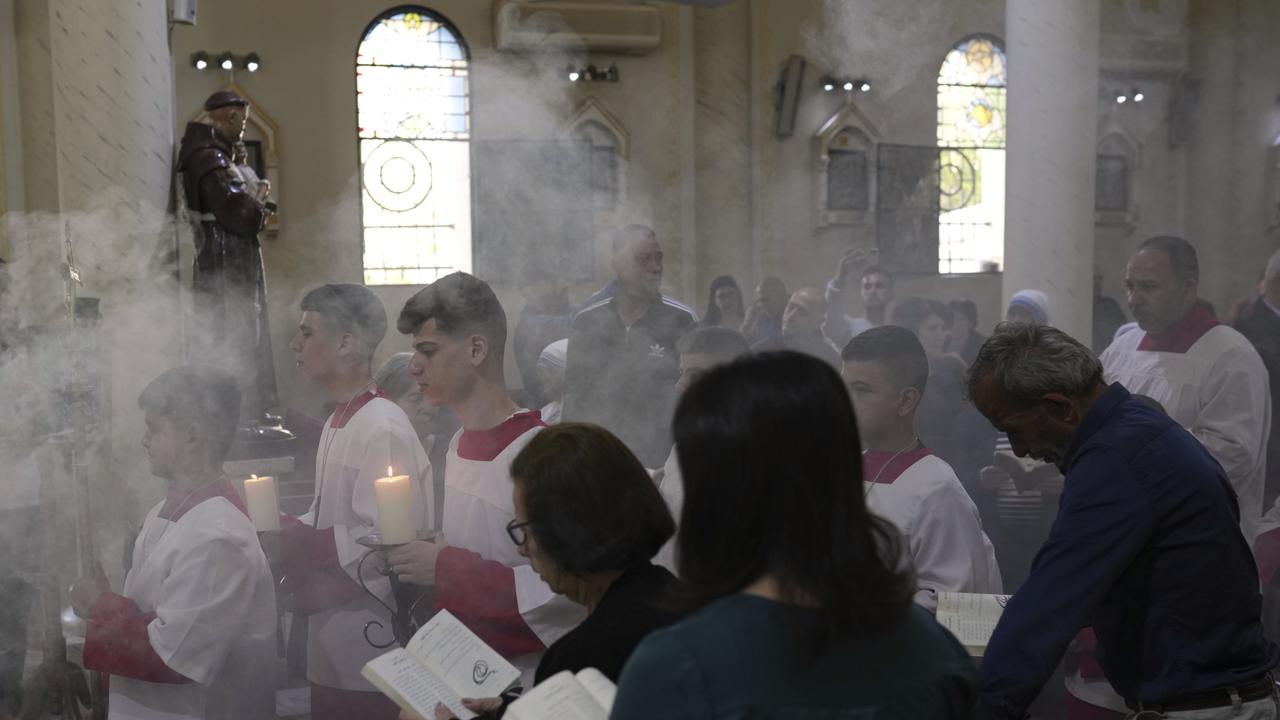
To join the conversation, please log in. Don't have an account? Register
Join the conversation, you are commenting as Logout